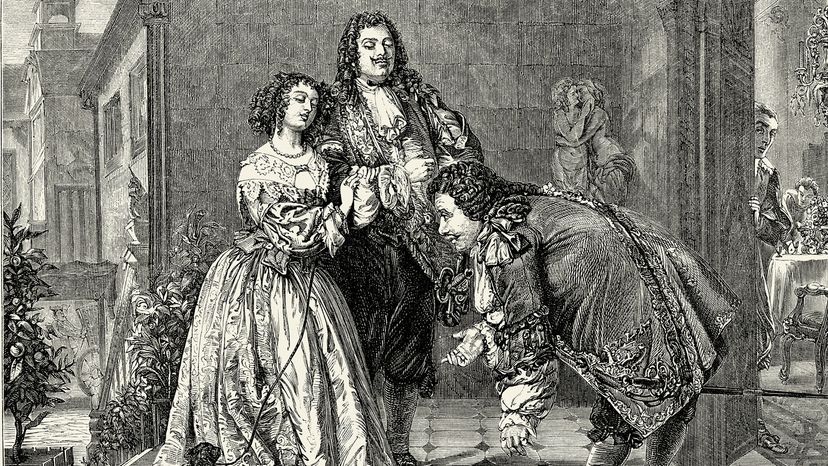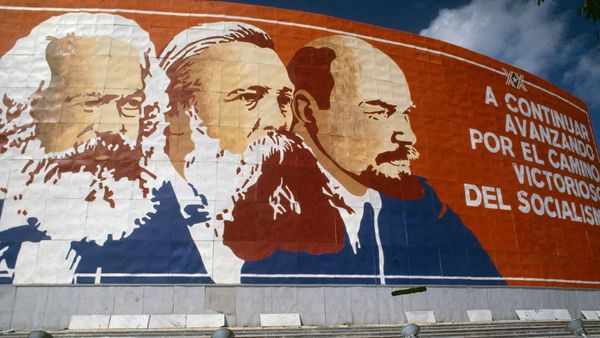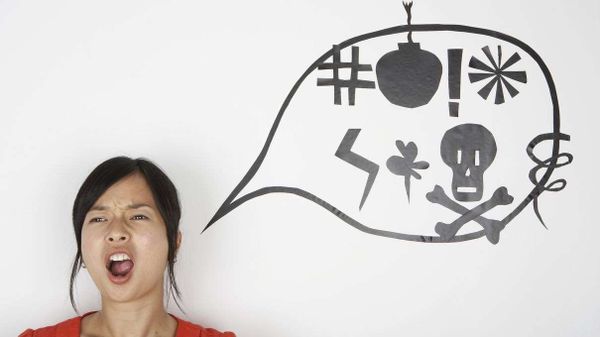Black popular culture has been remixing its own version of bourgeois at least since Gladys Knight & The Pips recorded their 1980 disco hit, "Bourgie, Bourgie" (pronounced "boo-jee, boojee"). The song describes a person "from across the tracks" who flaunts their new money with fancy clothes and a shiny car with a sunroof.
In 21st-century black slang, "bourgie" or "bougie" has flipped back to a definition Moliere would recognize. It's used to playfully throw shade on upwardly mobile black men and women with upper-middle-class tastes.
Damon Young at The Root goes so far as to distinguish between "bougie" and "bourgie." "Bourgie," he writes, "describes a certain upper-middle to lower-upper class lifestyle more dependent on and defined by activities, ancestry, and legacy than actual income." Activities like attending Jack and Jill cotillions and summering at Martha's Vineyard — which means "bourgie" has the whiff of being pretentious. On the other hand, "bougie black people are mostly urban, have completed some form of secondary education, and, most importantly, possess and are mindful of a certain urban/educated aesthetic." Tastes would include game nights, Solange Knowles and bottomless brunches, according to Young.
And then there's "boujee," as popularized in the 2016 Migos hit "Bad and Boujee", which proudly glorifies that new-money lifestyle The Pips were teasing in the 1980s. The video shows well-heeled ladies wearing Moschino dresses drinking champagne and eating out of Chanel fast-food containers.



